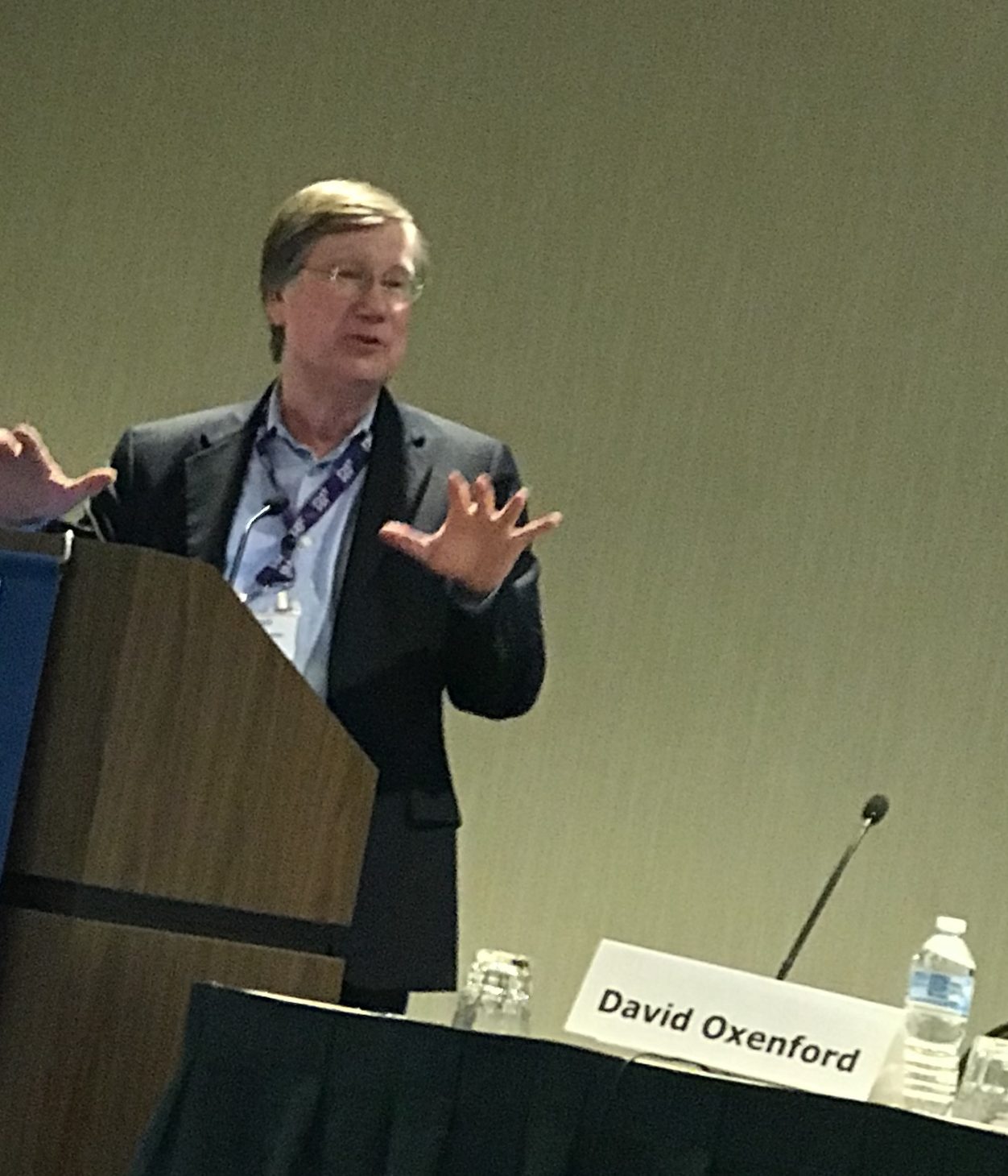The FCC on Wednesday dismissed a Petition for Reconsideration of its reexamination of the criteria that it uses for determining which application is granted when there are conflicting applications filed in any window for the filing of new noncommercial FM stations.
The decision resolving this petition, says Wilkinson Barker Knauer attorney David Oxenford, may also be the last step before the FCC opens a window for applications for new stations in the FM reserved band (below 92 FM) — something that has not happened in a decade.
In a blog post, Oxenford explains, “In the reconsideration petition, one party asked the FCC to change the position that it has long taken – that if the FCC has to use its points system (the system that awards points for certain favored criteria – criteria including favoring local applicants who are well-established in a community and don’t already have another media outlet and those owned by statewide organizations) to decide between mutually exclusive applications – it will select only one winner even if, by selecting that one winner, other applications may have no technical conflict with the winning application. The petitioner asked that, in this situation, the FCC grant additional applications once it has decided on the preliminary winner.”
He looked at how this situation can arise.
The potential for multiple winners can occur, for instance, is a “daisy-chain” situation, Oxenford says, where Application A and Application B cannot both be granted because of technical conflicts, and Application C also conflicts with Application B but not with Application A.
“The FCC will evaluate all applications involved in that daisy chain to decide which one is preferred under its points system. If Application A is the preferred applicant in the point system analysis, by necessity Application B cannot be granted and must be dismissed. Under the FCC policy, only Applicant A will be granted – and the FCC will do no further examination to determine if there are other applicants (like Applicant C in our example) that can be granted. The Petitioner suggested that the FCC should do that further examination and grant an applicant like Applicant C in our example. The FCC declined to do so.”
The FCC’s reasoning, Oxenford explains, was that this would unduly prolong the analysis that the FCC must undertake to review these noncommercial applications — as they would first have to decide to grant Applicant A, and then do a full evaluation of all the other applications to decide who else could be granted. While that might not seem like much work if you just have Applicants B and C, in these daisy-chains, you could well also have Applicants D, E and F. In that case, the choice of a secondary winner would require a new time-consuming analysis of all the remaining applicants.
“In addition, by identifying those applications that are not mutually exclusive with the initial winner and granting those applications, you might effectively be granting an inferior application. If, in our example, Applicant A did not exist, Applicant B might be the preferred applicant over Applicant C. In the current system, and the one reaffirmed by the FCC, if you grant both Applicant A and Applicant C, you are likely precluding the grant of Applicant B in a future window. If you do not grant Applicant C, in a subsequent window, Applicant B might be able to modify its proposed technical facility to eliminate any conflict with the granted Applicant A, and that application could be granted resulting in what the FCC perceives as a better applicant than Applicant C.”
That said, Oxenford believes another window “may be years down the road, and no service is provided in the interim.” But it is administratively simpler for the FCC. And, he adds, “the whole issue can be avoided if, during the window before the point system analysis where the FCC gives mutually exclusive applicants an opportunity to settle or work out an engineering solution to their mutual exclusivity, the parties worked out a deal. In a settlement, multiple applications can be granted. So, if instead of waiting for a point-based decision, the applicants got together and worked out their differences, Applicant A could be granted as could Applicant C (or an amended Applicant B), perhaps even agreeing to shared time to allow all of the parties to get some over-the-air time. By not working out a deal, the parties are left with the one-winner point system analysis.”
The last window for the filing of new noncommercial FM applications was seen in 2007.
But, FCC Chairman Pai has indicated that such a window is coming soon – perhaps by the end of the year.
“The resolution of this Petition for Reconsideration was likely one of the last steps before that window could open,” Oxenford says. “Start thinking about what channels might benefit the service provided by your nonprofit company.”





